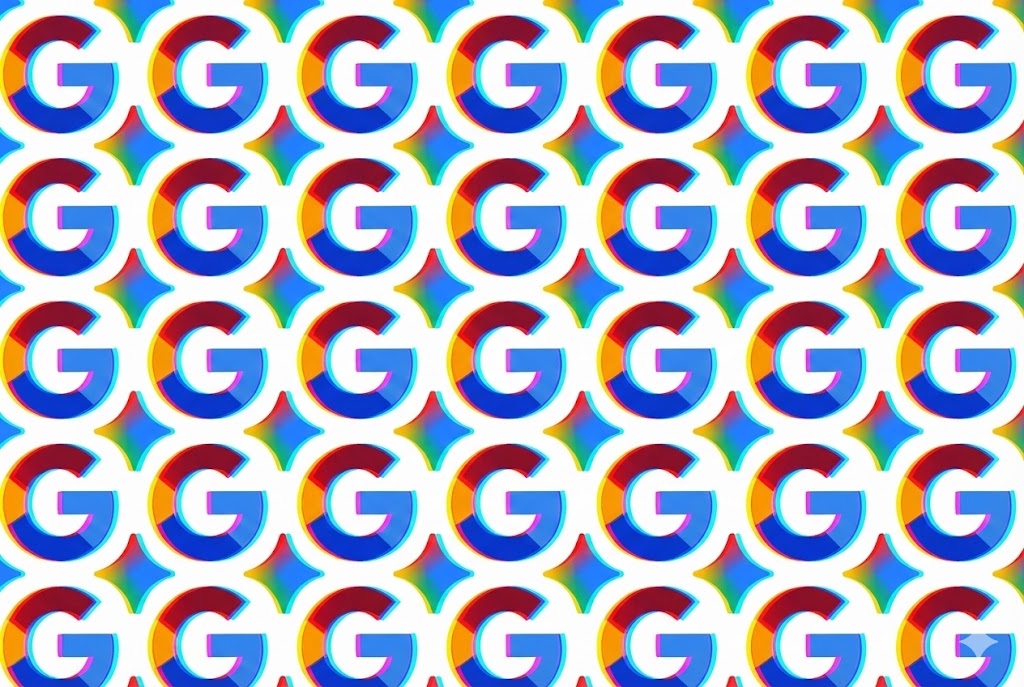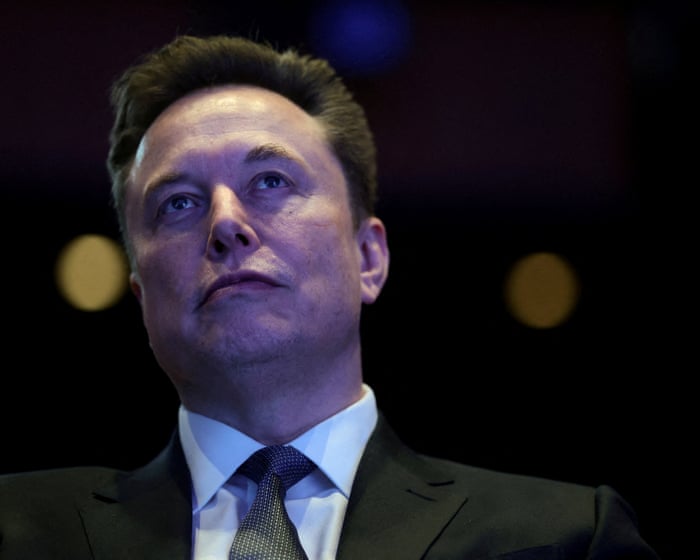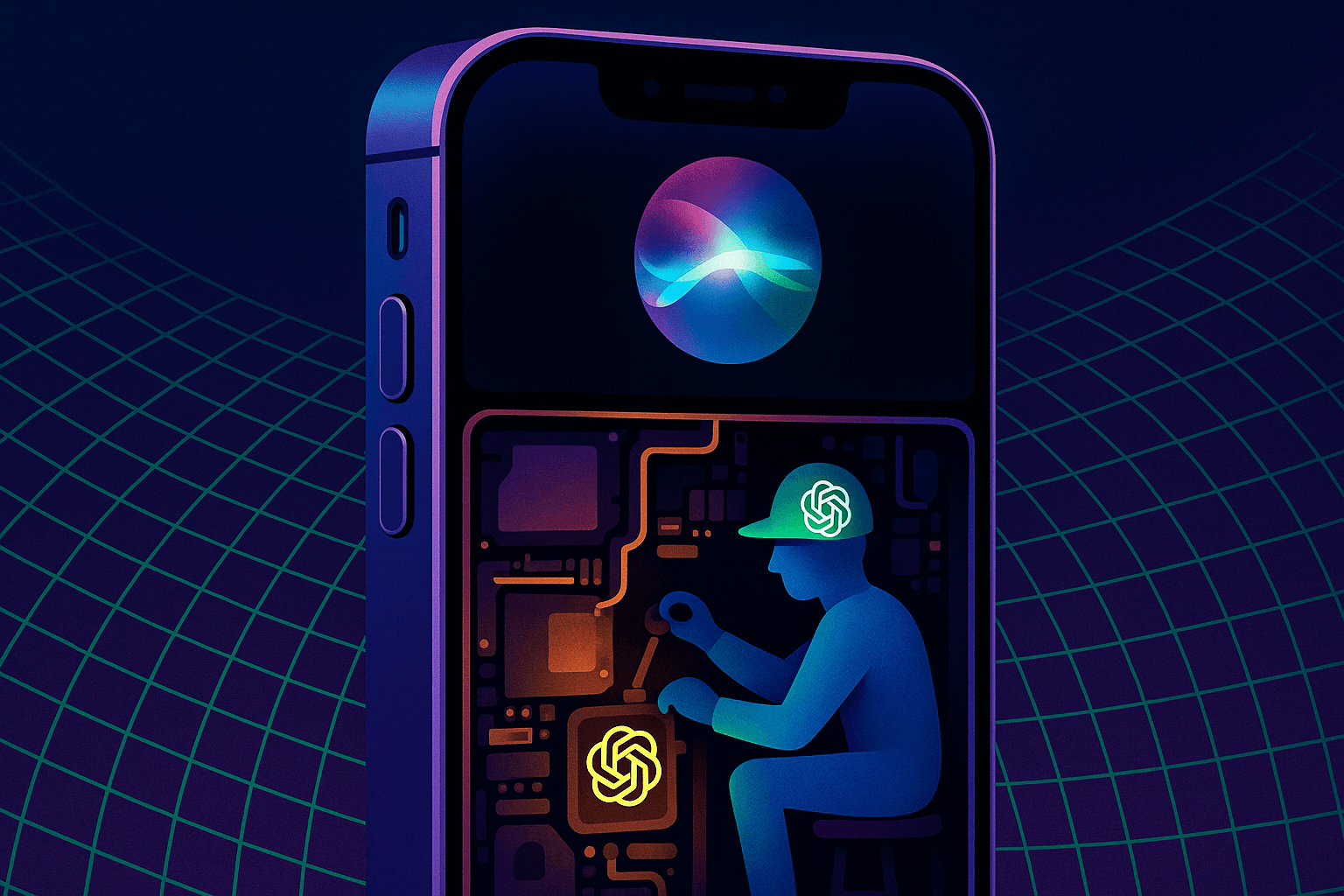Google’s ‘Nested Learning’ paradigm could solve AI's memory and continual learning problem
PositiveArtificial Intelligence

- Google has developed a new AI paradigm called Nested Learning to tackle the memory and continual learning issues faced by large language models. This innovative approach reframes model training as nested optimization problems, which could enhance learning capabilities.
- The introduction of the Hope model demonstrates Google's commitment to advancing AI technology, with initial tests indicating its superior performance in language tasks, which could significantly improve user interactions.
- This development reflects a broader trend in the AI industry towards creating more adaptable and efficient models, as seen in recent launches like Gemini 3, which also aims to enhance reasoning and coding capabilities.
— via World Pulse Now AI Editorial System




